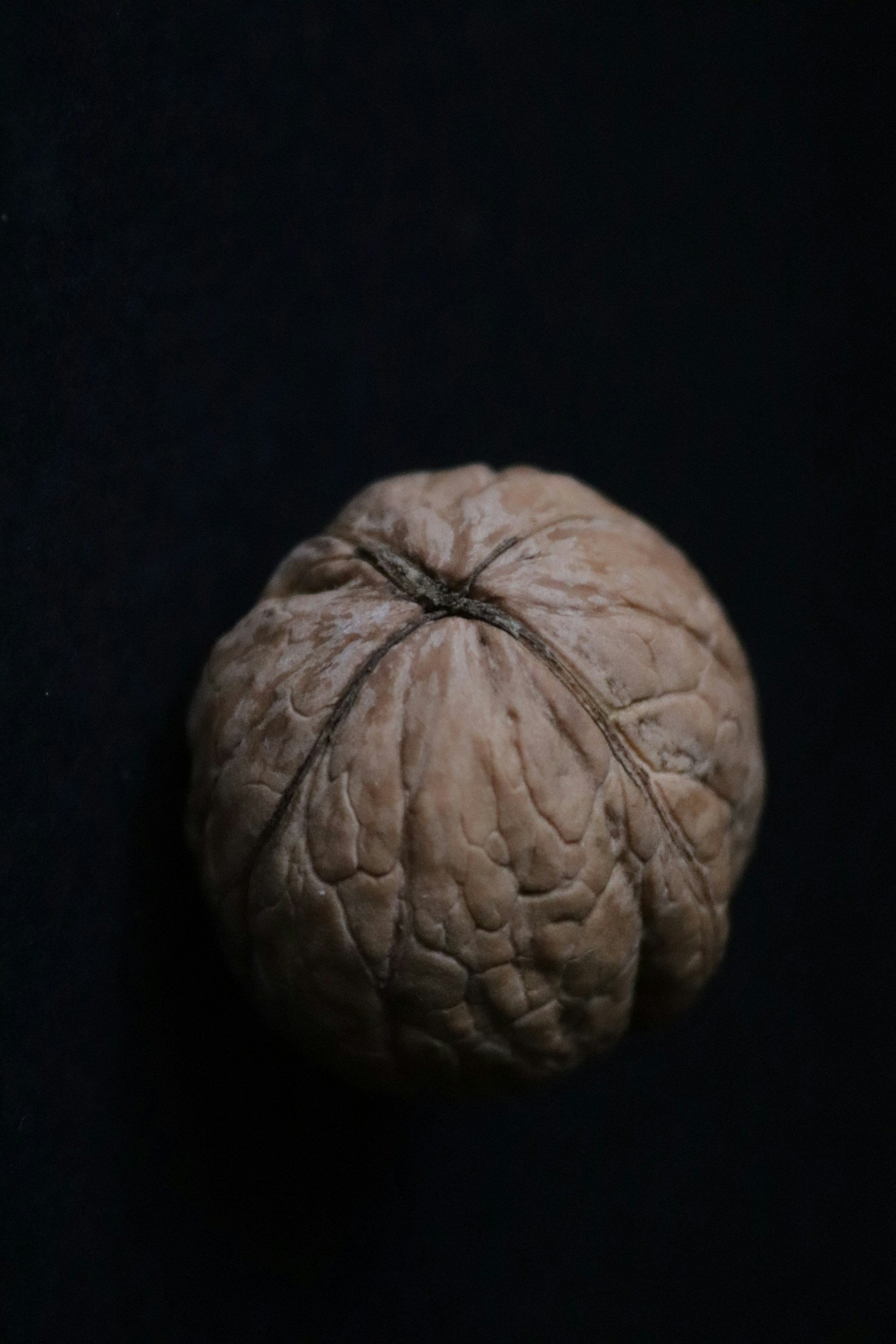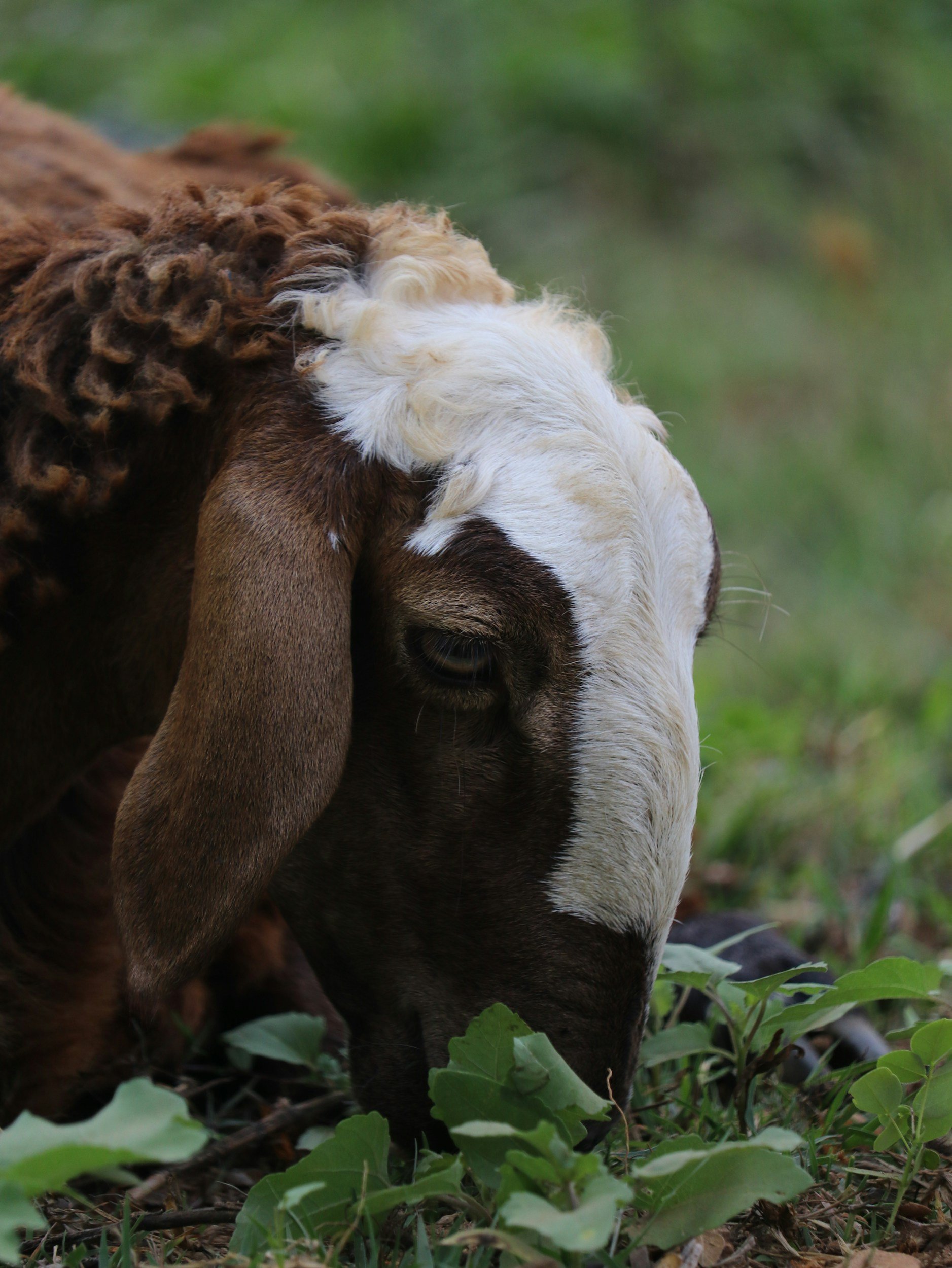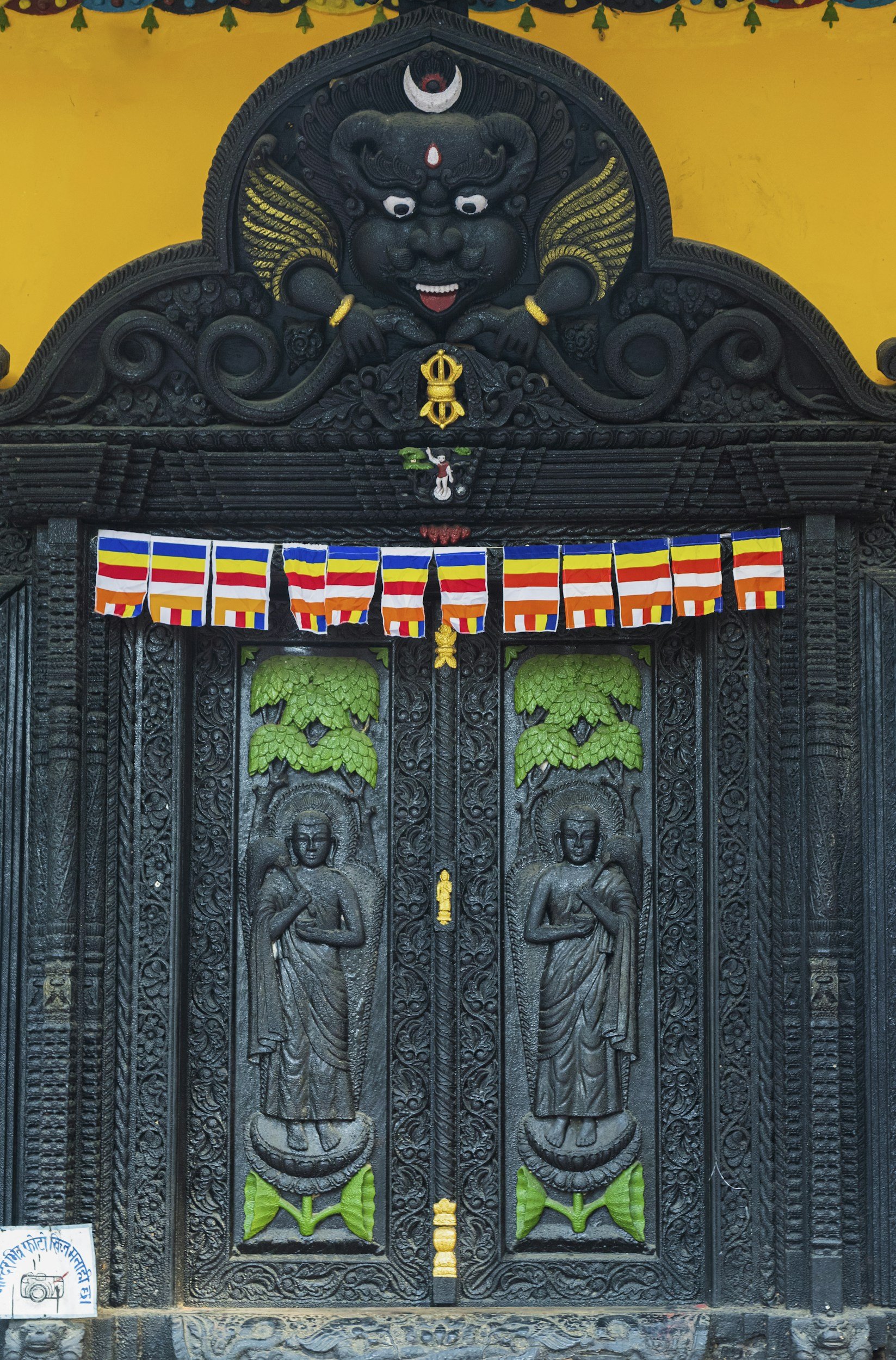The Origin of Death (Version 2): the Dog (Nkita) and the Tortoise (Mbekwu Nwa Aniga)
Listen to this story 👇🏾
In the days all living creatures could speak the language of men, humans were faced with a great dilemma. They gathered in a vast open space beneath the sacred Iroko tree, troubled by a weighty question: "Should humans live forever, or should they one day meet their end?"
No one had the answer, for such a decision could only be made by Chukwu, the Supreme God. It was agreed that two messengers would be sent to deliver their proposals to Chukwu. To the Dog, Nkita, they entrusted the message of immortality, and to the Tortoise, Mbekwu Nwa Aniga, they gave the message of death, for it was believed that Chukwu always granted the first request He received. Confident in Nkita’s famed speed and loyalty, the humans felt secure in their future of eternal life.
The journey to Chukwu’s house in the spirit world was long and perilous, but Nkita, with his swift legs and sharp senses, was the perfect choice. Mbekwu, on the other hand, was small, slow, and carried a heavy shell on his back. Many questioned why the tortoise had even been chosen to bear the second message at all. But Mbekwu was wise and determined, and he had a quiet confidence in his ability to complete the task.
Nkita, full of pride and sure of his victory, set off like a flash of lightning. His legs were strong, his heart full of certainty. Along the way, however, the familiar scents of the forest distracted him. He caught the smell of bones buried in the earth, and the urge to dig them up was irresistible. "I have time," Nkita thought, "I am much faster than that slow tortoise. I can afford to rest."
Meanwhile, Mbekwu moved slowly but steadily. His legs were small, but his steps never faltered. He knew the journey was long, but he also knew that with patience and perseverance, he could reach his destination.
Nkita, after digging up a few bones and resting under the shade of a palm tree, continued on his journey. But once again, he was distracted, this time by the scent of a potential mate in the distance. "Just a short detour," he thought, veering off course. He played, explored, and chased after fleeting pleasures, all the while confident in his speed.
But Mbekwu did not waver. Step by step, he carried on, never stopping, never looking back. His shell was heavy, but his heart was light with determination. He focused solely on his mission, knowing that every step brought him closer to Chukwu’s house.
After a long journey, Mbekwu finally arrived at the gates of the spirit world. He knocked and was greeted by one of Chukwu’s messengers. With humility and patience, Mbekwu delivered his message: "Men are to die." Chukwu accepted the message, and thus, death was decreed for all of mankind.
Nkita, unaware of what had transpired, arrived much later, his tail wagging and his heart still full of pride. He knocked confidently on the door and was ushered in. "I have brought the message that humans are to live forever," he announced, expecting to be praised for his speed and loyalty. But Chukwu, with a grave look, replied, "The first word has already reached my house. Men shall die."
Nkita was stunned. How could this be? How had the slow and lumbering Mbekwu beaten him? Filled with regret, Nkita begged Chukwu to change His mind, but the Supreme God shook His head and said, "Okwu izizi erugo be Chukwu: the first word has reached God’s house." Once Chukwu has spoken, His decision is final.
And so, death entered the world, and men knew that one day they would return to the earth from which they came.
Nkita, remorseful and ashamed of his failure, returned to the human world with his tail between his legs. From that day on, he vowed to stay close to mankind, serving as a faithful companion, ever alert to danger, and ever seeking to protect the lives he had once doomed. And to this day, the dog remains man’s most loyal friend, always watching, always guarding, as if trying to make up for the great mistake he once made.
As for Mbekwu Nwa Aniga, the tortoise, he became a symbol of patience and determination. Though slow and unassuming, he had triumphed where speed and pride had failed. His story became a lesson for all: "It is not the swiftest that wins the race, but the one who remains focused on the goal."
Thus, the mystery of death was sealed, and from that moment on, humans came to understand that life, like the journey to Chukwu’s house, would one day come to an end.
The End
Lessons from this story:
Perseverance Over Speed: The Tortoise, though slow, maintained focus and determination, eventually succeeding over the faster, distracted Dog. This teaches the value of steady, consistent effort over relying solely on natural abilities or shortcuts.
The Consequences of Procrastination: The Dog's distractions and overconfidence led to its failure. This highlights the importance of staying focused and disciplined, especially when dealing with significant responsibilities.
Respect for the First Word: The phrase "okwu izizi erugo be Chukwu" (the first word has reached God’s house) teaches that timing and order matter. Being the first to act on opportunities is important, as second chances may not always exist.
Humility and Responsibility: The Dog's pride in its swiftness led to negligence, while the Tortoise's humble perseverance brought success. This teaches that humility and responsibility can lead to better outcomes.
Inevitability of Death: The story explains how death became a natural part of human existence. It reflects the Igbo worldview that life has cycles, and mortality is an inescapable part of being human.
Actions Have Long-Lasting Consequences: The choices made by both the Dog and the Tortoise had serious consequences for humanity. It shows how even small actions can lead to significant, irreversible outcomes.
What other lessons come to mind from this story? Let us know in the comment section below. Yagazie!























